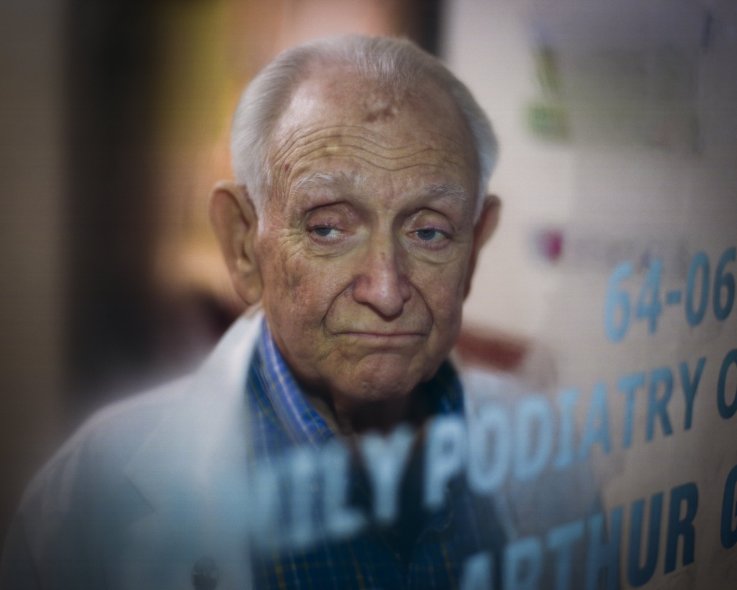Through the Dust, The Living Victims of 9/11

Fifteen years ago, lower Manhattan lay beneath a dust cloud from the collapsed World Trade Center towers. Today, the defiant One World Trade Center stands tall in its place, but many of the first responders still feel the long, dark shadow of the terrorist attacks that changed the course of American history.
Those who responded and volunteered in the wake of the attack are still trying to understand what happened and how to move on. They wonder what we have learned from the attacks while some live with the effects of exposure to toxins which have ravaged their bodies, and others question the pervasive fear that still looms over the country and it's role in American politics.
Antony Miranda, a retired NYPD sergeant, worked for eight months clearing WTC rubble, where he found glimmers of healing. There was "a vision of hope in the response. All over America, there was no separation between us. But somewhere along the line we've lost the truth of what happened, and we lost the truth of purpose. There was a unity message there."
Charles Diaz was saying a prayer when he broke his arm and felt the first tower collapse around him. "[I] figured that was it, it was over," but his thoughts turned to his daughter's sweet sixteen party, scheduled for later that week, "That was my surviving thing... I had to make it out of there for [her party]." He had rushed to help from his post in Staten Island as a first responder; now he lives with bone marrow leukemia, a 9/11-related cancer with no cure.
Not far from Miranda and Diaz, for 18 straight hours Nick Rotondo shuttled police, firefighters and equipment to and from ground zero on his MTA public bus. He noticed in the months after 9/11, driving a bus in NYC had changed significantly. "If you saw even anything, a bag or something, you had to call in." Most of the time it was nothing more then the remnants of someone's breakfast, nevertheless, "Everybody was on pins and needles." Police started stopping his bus to ask if everything was normal, sometimes boarding in groups to look things over.
This month, memorials and ceremonies will commemorate the 15th anniversary of the tragedy. As a nation, the US will recall that day and honor its victims, but in that reflection are hunderds of survivors still searching for a meaning and an opportunity to understand how we, as a society, can offset 9/11's damaging legacy.


